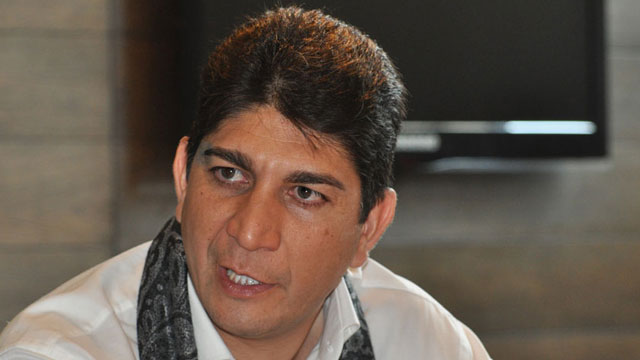
Vodacom Group CEO Shameel Joosub has defended his company’s decision to join MTN in suing communications regulator Icasa over cuts to mobile termination rates, the fees operators charge each other to carry calls between their networks.
Writing in an opinion piece, Joosub says Vodacom’s problem is not that the rates are coming down but that they may not have been objectively or fairly determined. He has also lashed at the level of “asymmetry” or price advantage being offered to smaller operators Cell C and Telkom Mobile.
Both MTN and Vodacom has argued vociferously that Cell C, which was licensed 14 years ago, does not deserve asymmetry as this regulatory tool is almost always used only to support new mobile entrants. The two bigger operators have, however, enjoyed asymmetry to Telkom’s disadvantage until very recently.
Joosub says Vodacom supports lower rates, but the correct process must be followed by Icasa. “I’d like to reiterate our previous proposal to the industry regulator that interim cuts are implemented immediately. If they agree, we then have some breathing space to calmly and thoroughly deal with the process issues holding things up,” he says.
“We also support communications minister Yunus Carrim in his drive to reduce the cost to communicate. That’s easy to say, but the evidence is that we’ve reduced our average effective price per minute by 22% over the past year. Prepaid, which is typically used more by the lower income segment, has come down even further: 25% in the last year, and 50% over the past three years.”
Despite this, Vodacom has also spent more than R30bn on infrastructure in South Africa in the past six years and expects to spend R9 billion in the coming year.
Joosub claims news coverage on the termination rates issue has “largely been reduced to a handy but inaccurate narrative of big networks are against cuts, and therefore anti-consumer, while the small networks are pro cuts. The truth, as is often the case, is far more complicated.”
He says Icasa is required by law to conduct a detailed cost study before introducing the lower rates.
“We know that this hasn’t happened because we’ve not been asked to provide the detailed information necessary to complete this type of study. On top of this, we were not given sight of whatever model may have been constructed, nor given the chance to comment on it. That we ought to have been consulted is a fundamental requirement under the law. It is also a standard step taken by regulators across the world to ensure the accuracy, credibility and validity of their models.”
Joosub is also unhappy about the level of asymmetry for smaller players. “By 2016, Vodacom will have to pay four times more to connect a call to the smaller networks than they will pay to connect to Vodacom. The telecoms business is highly capital-intensive and the lack of investment by the smaller operators is the genesis of their current commercial position. We are being asked to correct this by paying, in effect, a subsidy of 30c/minute. It’s our customers who will feel the brunt of this and we clearly have to take steps to protect their interests.”
He says legal action should always be a last resort. “The fact that we’ve proposed that an interim cut is enacted immediately shows clearly that for us, the issue isn’t about fighting lower rates. It’s about making sure that the right process is followed and that the rates ultimately imposed are objectively and fairly determined.” — (c) 2014 NewsCentral Media




